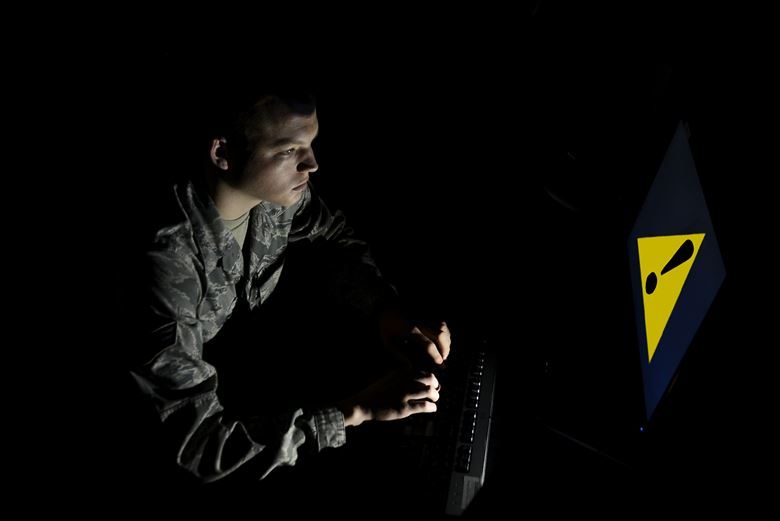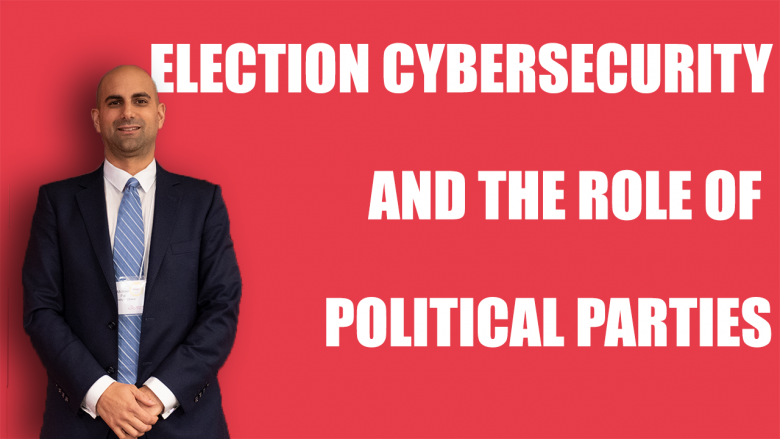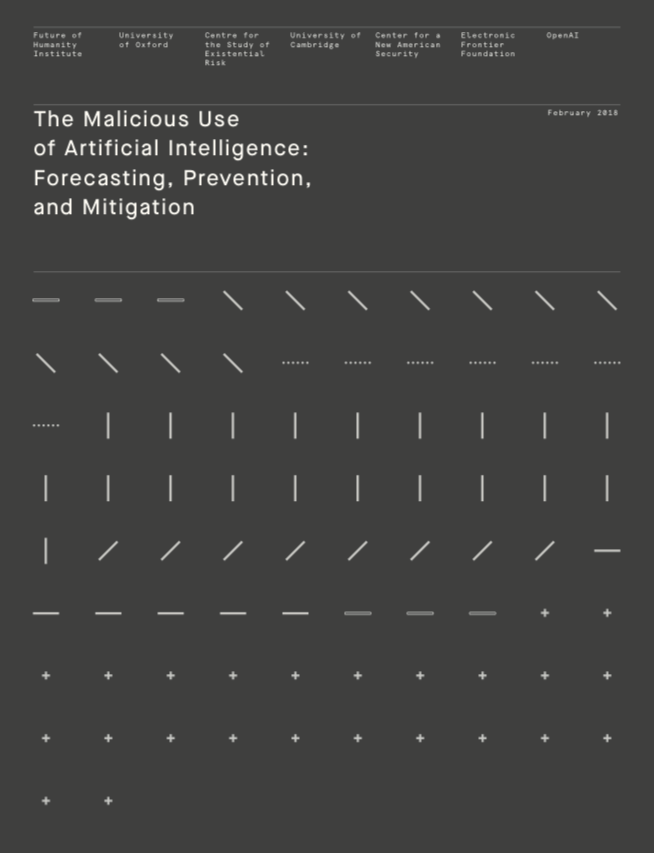Nowadays, Cyber Threat Intelligence (CTI) sharing is considered necessary to survive current and future cyberattacks by working proactively. Organizations may be compelled to have a threat intelligence program and share their information. As such, stakeholders may be held responsible in the future for not sharing known threats that might affect other organizations. The core idea …
De nos jours, le partage de renseignements sur les cybermenaces est considéré comme nécessaire pour survivre aux cyberattaques actuelles et futures en travaillant de manière proactive. Les organisations peuvent se voir contraindre d’avoir un programme de renseignement sur les menaces et de partager leurs informations. À ce titre, les parties prenantes pourraient être tenues responsables …
Political parties are an essential part of electoral democracy. They have also been identified by the intelligence community and academic researchers as a weak point in the cybersecurity of many democracies. The hacking of the Democratic National Committee’s emails is one prominent example of how ineffective cybersecurity by a political party can have far-reaching implications. …
Dr. David Hofmann Presented at the 2018 Atlantic Security Conference In this presentation, Dr. Hofmann will discuss his recently completed funded research (TSAS / Public Safety Canada) into the three different types of social networks formed by lone-wolves during the 24 months prior to the commission of their first act of terrorist violence. Dr. Hofmann …
Forbidden Feeds: Government Controls on Social Media in China is a report by PEN America that provides some insights into the development of censorship and surveillance of Social Media in China and its impacts. PEN America is a group that works to champion freedom of speech for writers. The report they have put together provides …
I see a lot of our work as being the antidote to the poison of FUD (Fear, Uncertainty and Doubt). Oxford puts FUD in its place nicely by suffixing the definition with “,usually evoked intentionally in order to put a competitor at a disadvantage.” Superlative laden stories about the biggest, worst, most expensive, unstoppable, etc. hacking …
Power Projection in the Digital Age: The Only Winning Move is to Play General Darren W. McDew, USAF, is the Commander of U.S. Transportation Command (USTRANSCOM), the Command responsible for the transportation for the US Department of Defence. He provides an interesting insight into the importance of cybersecurity to the capabilities of the modern military. Information …
A piece by Jean Peccoud, Jenna E. Gallegos,Randall, Wallace G. Buchholz,and Sanjay Raman sounds an alarm for the biotechnology industry and researchers. The development of technology has blurred the gap between the digital and biological. Recent research has shown the potential for threats to cross over between these realms by coding malware into a DNA …
Governments around the world are being increasingly trapped between progress to a digital state and the insecurity of cyberspace. Estonia has been a vanguard for development of a digital society in many ways by transitioning many services to digital technologies and also by being subject to assault by cyber weapons. Nick Robinson and Prof Keith …
Ben Buchanan looks at American Exceptionalism in the form of the NOBUS approach to signals intelligence in his contribution to the Hoover Institution’s Aegis Paper Series. There is a tension between the needs of nations in the information age to both secure and steal communications. The United States has traditionally met this by exploiting a …








